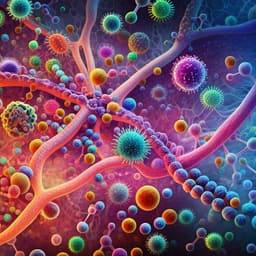
Medicine and Health
Enabling precision rehabilitation interventions using wearable sensors and machine learning to track motor recovery
C. Adans-dester, N. Hankov, et al.
This innovative research by Catherine Adans-Dester and colleagues presents a machine learning approach utilizing wearable sensors to assess upper-limb motor impairment and movement quality in stroke and TBI survivors. With impressive correlations between sensor data and clinician assessments, this method offers promising potential for personalized rehabilitation strategies.
~3 min • Beginner • English
Related Publications
Explore these studies to deepen your understanding of the subject.







